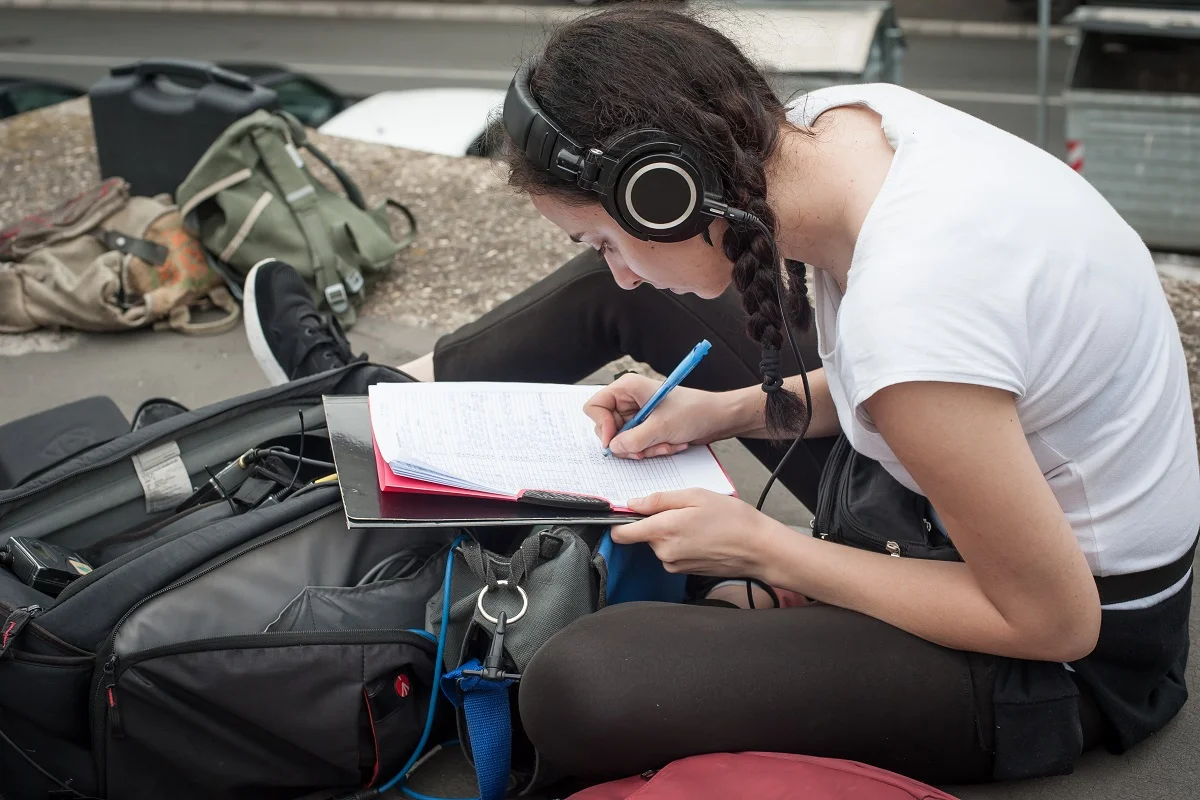In times of crisis, effective communication is crucial for managing and mitigating the impact of the situation. Journalism plays a vital role in crisis communication, providing timely and accurate information to the public, acting as a bridge between authorities and the community, and helping to maintain trust and transparency. In this article, we will explore the various ways in which journalism contributes to crisis communication and its importance in today’s fast-paced and interconnected world.
1. Providing Timely and Accurate Information
One of the primary responsibilities of journalism in crisis communication is to deliver timely and accurate information to the public. Journalists act as the eyes and ears on the ground, gathering information from various sources, including authorities, witnesses, and experts. They verify facts, cross-check information, and present it in a clear and concise manner to keep the public informed.
During a crisis, misinformation and rumors can spread rapidly, causing panic and confusion. Journalists play a crucial role in combating this by providing accurate and verified information. Their commitment to reporting the truth helps to dispel rumors, prevent the spread of misinformation, and ensure that the public has access to reliable information.
2. Acting as a Bridge between Authorities and the Community
Journalists act as a bridge between authorities and the community during a crisis. They attend press conferences, interview key stakeholders, and ask the tough questions that the public wants answers to. By doing so, they hold authorities accountable and ensure that their actions are transparent.
Through their reporting, journalists help to relay important messages from authorities to the public. They provide updates on the situation, inform the public about safety measures, and address concerns and questions raised by the community. This two-way communication helps to build trust and ensure that the public feels informed and supported during a crisis.
3. Maintaining Trust and Transparency
Trust is a crucial element in crisis communication, and journalism plays a significant role in maintaining it. By providing accurate, unbiased, and objective reporting, journalists help to build and maintain trust with the public. Their commitment to ethical journalism practices, such as fact-checking and verifying sources, ensures that the information they provide is credible.
Transparency is another important aspect of crisis communication, and journalists contribute to it by holding authorities accountable and demanding transparency in their actions. Through investigative reporting and in-depth analysis, journalists help to uncover hidden information, expose wrongdoing, and ensure that the public has access to all the necessary information during a crisis.
4. Mobilizing Support and Resources
Journalism not only informs and educates the public but also plays a crucial role in mobilizing support and resources during a crisis. Through their reporting, journalists highlight the needs of affected communities, bring attention to relief efforts, and encourage public participation in supporting those affected.
Journalists also play a role in shedding light on stories of resilience, bravery, and unity during a crisis. By sharing these stories, they inspire the public and foster a sense of community spirit, encouraging individuals to come together and support one another.
Conclusion
Journalism plays a vital role in crisis communication by providing timely and accurate information, acting as a bridge between authorities and the community, maintaining trust and transparency, and mobilizing support and resources. In today’s fast-paced world, where information spreads rapidly, the role of journalism in crisis communication has never been more crucial.
By upholding the principles of ethical journalism and delivering reliable information, journalists contribute to managing and mitigating the impact of crises, keeping the public informed, and fostering a sense of community resilience.
Key Takeaways:
- Journalism is crucial in crisis communication as it provides timely and accurate information, preventing the spread of misinformation and ensuring the public has access to reliable information.
- Journalists act as a bridge between authorities and the community, holding authorities accountable and relaying important messages to the public.
- Maintaining trust and transparency is essential, and journalists contribute by providing unbiased reporting, fact-checking, and demanding transparency from authorities.
- Journalists play a role in mobilizing support and resources by highlighting community needs, bringing attention to relief efforts, and inspiring unity.
By understanding the role of journalism in crisis communication, individuals can appreciate the significance of accurate reporting, transparency, and community support during challenging times. Whether aspiring journalists or individuals interested in crisis communication, taking the “NYU | Modern Journalism” course can provide valuable insights and practical skills to navigate this dynamic field. Stay informed, stay connected, and make a difference through the power of journalism.








